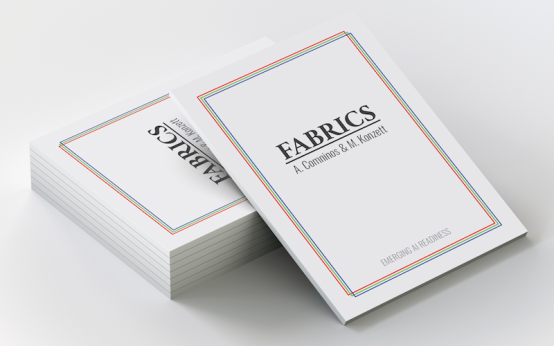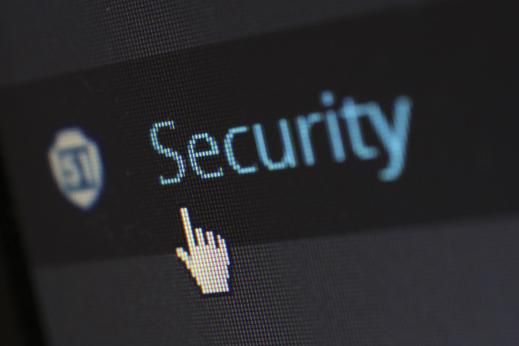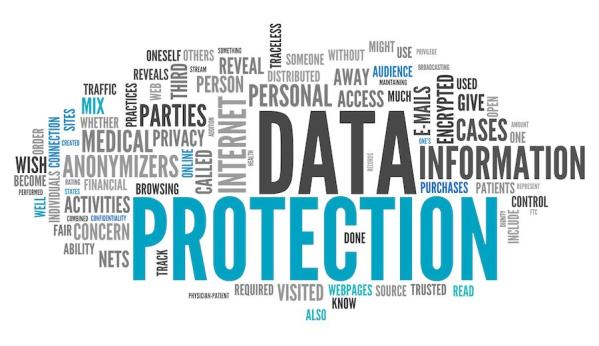Recent · FABRICS, Emerging AI Readiness, by Alex Comninos and Martin Konzett, First Edition, 2018, ISBN 978-3-200-05921-4
A lot of industries seem to be overwhelmed by the rise of artificial intelligence (AI). Some proponents dream of utopias, while some opponents have dystopian nightmares. There is a lack of consensus in interpretations of the current legal and regulatory environments covering the implementation of computer systems leveraging AI and the related concepts of machine learning and deep learning. Interpreting, implementing and complying with the… Read more








